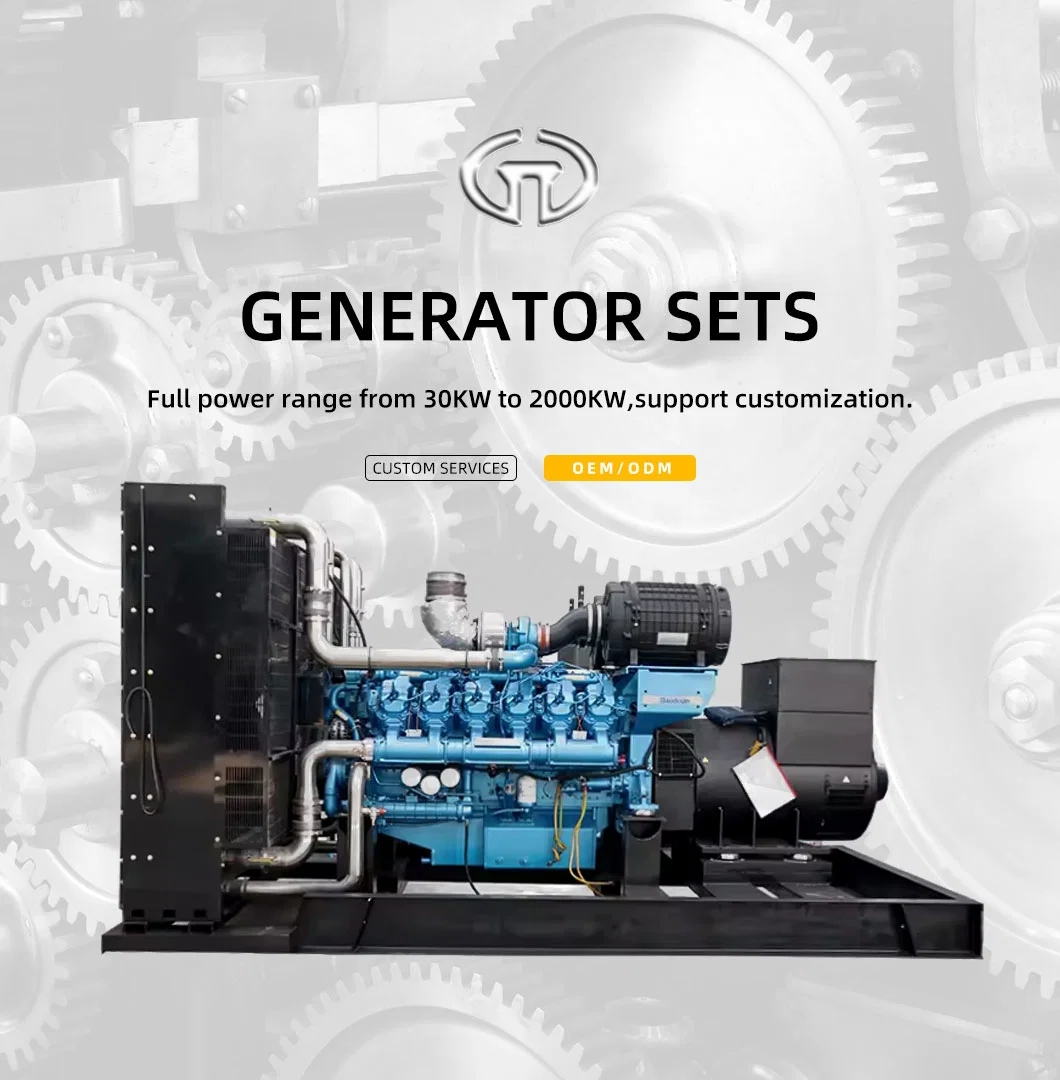Introduction
Off-grid living has gained popularity in recent years as more people seek to live self-sufficiently and reduce their reliance on traditional utilities. One of the key challenges of off-grid living is ensuring a reliable source of power, especially in remote locations where access to the grid is limited or non-existent. In such situations, diesel generators emerge as a robust and efficient solution to meet the power needs of off-grid dwellers. This article provides a comprehensive guide to diesel generators for off-grid living, covering their benefits, types, maintenance, and best practices for optimal performance.
Benefits of Diesel Generators for Off-Grid Living
1. Reliability: Diesel generators are known for their reliability and durability, making them an ideal choice for off-grid living where a consistent power supply is essential. Unlike other types of generators, diesel generators can operate continuously for extended periods without overheating or breaking down, ensuring uninterrupted power supply to off-grid homes.
2. Fuel Efficiency: Diesel generators are more fuel-efficient compared to gasoline generators, providing more power output per unit of fuel consumed. This is particularly advantageous for off-grid living, where access to fuel may be limited, and efficiency is crucial for long-term sustainability.
3. Longevity: Diesel generators have a longer lifespan than other types of generators, thanks to their robust design and lower operating temperatures. With proper maintenance, a diesel generator can last for decades, making it a cost-effective investment for off-grid living.
4. Power Output: Diesel generators are capable of producing high power outputs, making them suitable for powering multiple appliances and devices simultaneously. This is essential for off-grid living, where power demands can vary throughout the day and night.
Types of Diesel Generators
1. Portable Diesel Generators: Portable diesel generators are compact and lightweight, making them easy to transport and set up in off-grid locations. They are ideal for providing temporary power supply to off-grid cabins, campsites, or construction sites. Portable diesel generators typically have lower power outputs but are sufficient for running essential appliances and tools.
2. Standby Diesel Generators: Standby diesel generators are designed to provide backup power in case of grid outages or emergencies. They are permanently installed on the property and can automatically kick in when the main power source fails. Standby diesel generators are suitable for off-grid homes that require a reliable backup power solution.
3. How to maintain a 400kW generator : Industrial diesel generators are heavy-duty units capable of producing high power outputs for extended periods. They are commonly used in off-grid communities, remote mining sites, or agricultural operations where a constant and reliable power supply is critical. Industrial diesel generators are built to withstand harsh environmental conditions and heavy workloads.
Maintenance of Diesel Generators for Off-Grid Living
Proper maintenance is essential to ensure the reliable performance and longevity of diesel generators in off-grid living scenarios. Here are some key maintenance tips to keep your diesel generator running smoothly:
1. Regular Inspections: Schedule routine inspections of your diesel generator to check for any signs of wear and tear, leaks, or damage. Pay attention to the fuel system, cooling system, electrical connections, and exhaust system.
2. Fuel Quality: Use high-quality diesel fuel with the appropriate additives to prevent clogging and buildup in the fuel system. Store fuel in clean and well-ventilated containers to maintain its quality over time.
3. Oil Changes: Follow the manufacturer's recommendations for oil changes and use the recommended type of oil for your diesel generator. Regular oil changes help to lubricate the engine components and prevent overheating.
4. Air Filters: Clean or replace the air filters regularly to ensure proper airflow and combustion in the engine. Clogged air filters can reduce the efficiency of the generator and lead to engine damage.
5. Battery Maintenance: Check the battery terminals for corrosion and ensure that the battery is charged and functioning correctly. A faulty battery can prevent the generator from starting when needed.
Best Practices for Optimal Performance of Diesel Generators
1. Load Management: Avoid overloading the diesel generator by carefully managing the power demand and distributing the load evenly across the appliances. Overloading can cause the generator to overheat and reduce its efficiency.
2. Regular Exercise: Run the diesel generator periodically, even when not in use, to keep the engine components lubricated and prevent fuel buildup. This helps to maintain the generator's performance and readiness for emergencies.

3. Temperature Control: Ensure proper ventilation and cooling for the diesel generator to prevent overheating during operation. Install the generator in a well-ventilated area away from flammable materials and obstructions.
4. Emergency Preparedness: Have a backup fuel supply, spare parts, and tools on hand for quick repairs and maintenance in case of emergencies. Create a maintenance schedule and keep a log of inspections and repairs for reference.
Conclusion
Diesel generators are a reliable and efficient power source for off-grid living, providing a consistent power supply in remote locations where access to the grid is limited. By understanding the benefits, types, maintenance, and best practices of diesel generators, off-grid dwellers can ensure a sustainable and dependable power solution for their homes. With proper care and attention, diesel generators can meet the power needs of off-grid living for years to come, enabling a self-sufficient and comfortable lifestyle off the grid.
